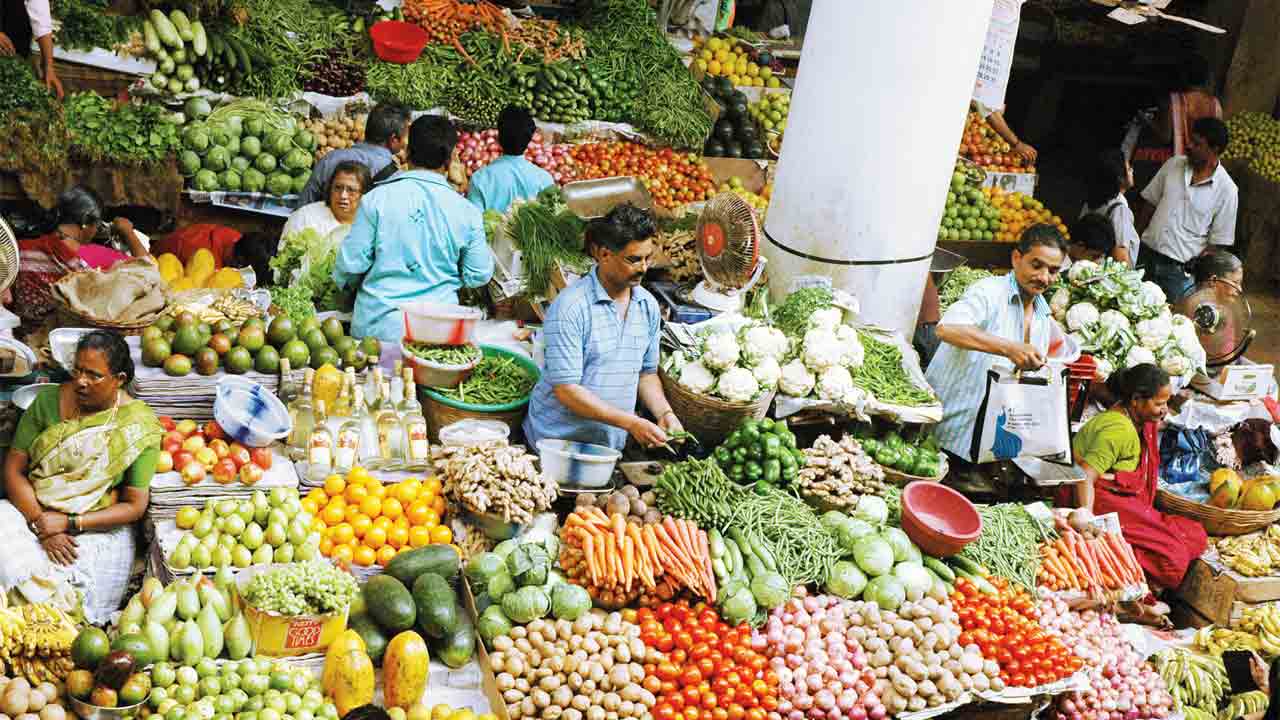
The contract for the detailed design of the National Wholesale Market and for a modern Slaughter House in Wooton will soon be allotted.
This announcement was made by the Minister of Agro-industry and Food Security, Mr Mahen Seeruttun, last week. He was enumerating on the projects that will be implemented in 2017 and also gave an overview of the achievements in the agro-industry sector in 2016. The projects in the pipeline for 2017 are namely the setting up of the Institut de Biotechnologie, a livestock area in Melrose, the biopharming project at Britannia, a nursery at La Brasserie, and the reinforcement of the Food Tech Lab.
Achievements in 2016
As regards 2016, Minister Seeruttun said that in line with the Strategic Plan 2016-2020, several initiatives have been taken to ensure food security, a better quality of agricultural products, and self-sufficiency.
Several schemes have been introduced namely: Bio Farming Promotion Scheme (Development Scheme allotted to 11 applicants); Compost Subsidy Scheme (Rs 23 million disbursed in 2015/2016); Sheltered Farming Scheme (70 planters took advantage of the scheme); 350 planters have been trained in Mauri Gap Level 1 (bio culture); 3,000 planters trained in Zero budget natural farming; implementation of SMART Agriculture; and the creation of an Agriculture Certification Body in the Ministry of Agro-industry and Food Security.
Speaking about the control of pesticides, the Minister recalled that a technical committee is working on the elaboration of regulations under the Dangerous Chemicals Control Act so as to better control the utilisation of pesticides by planters. Furthermore, he said, 13 pesticides considered as dangerous by the Dangerous Chemicals Control Board have been banned.
Work is also ongoing, with the technical support of the Food and Agricultural Organisation, on appropriate legislations for the introduction of norms for biofertilisers and bio-pesticides. In a bid to encourage planters to use bio products, a 15% levy has been introduced on pesticides and herbicides.
To boost agricultural production, Minister Seeruttun stressed that 12 schemes have been introduced while adding that for the period 2015-2016, 3,881 planters have benefited from these schemes and Rs 44 million disbursed. The schemes now also cover flower producers and those engaged in bio culture and hydroponics.
As regards research, several varieties have been introduced namely three for onions, five for beans, three for cucumber, two for mushrooms, one for potatoes and one for litchis. For sugarcane, the MSIRI has introduced two new varieties.
To give a boost to the honey production sector, zones for bee reserves have been created at Bras d’Eau, Cap Malheureux, La Ferme and Black River. For the tea sector, 600 hectares of agricultural land have been identified and seedlings will soon be distributed to planters. Furthermore, pruning shears and fertilisers have been distributed freely to tea planters.
Speaking about the sugarcane sector, Minister Seeruttun recalled that several initiatives have been taken following the decrease of sugar prices. They are: setting up of a Sugar Cane Sustainability Fund which gives subsidies to planters; payment of Rs 2,000 compensation per tonne of sugar to each planter insured at the Sugar Insurance Fund; and creation of an Agricultural Land Management System.
 J'aime
J'aime














